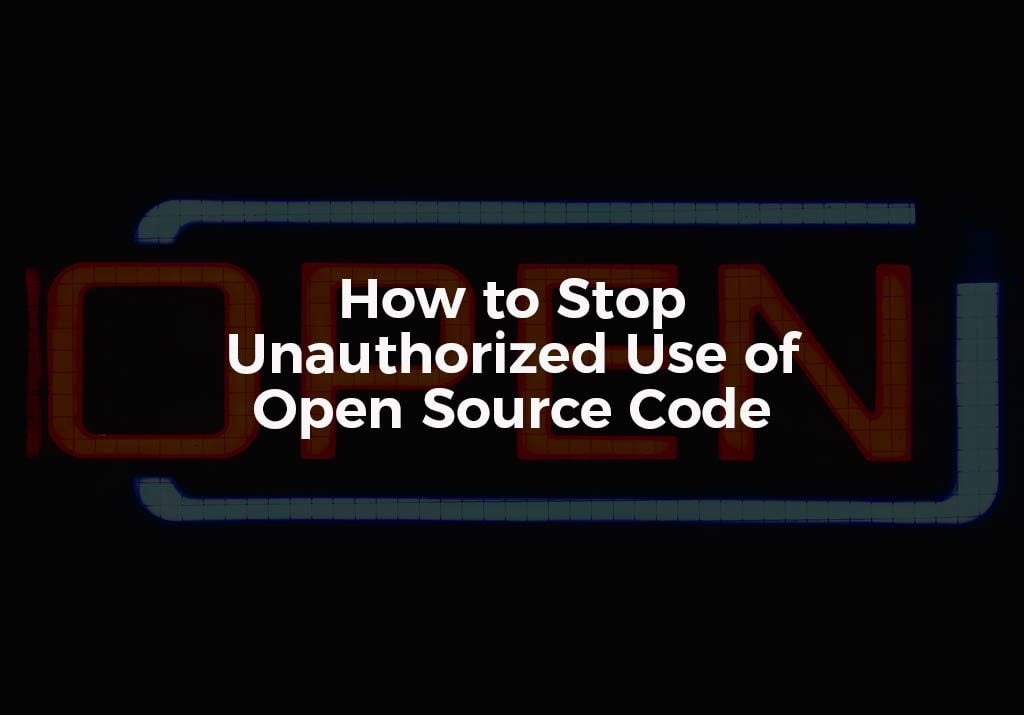Open source code has exploded in popularity in recent years. It’s no surprise as companies can experience lower hardware and software costs by using it. You can also experience greater stability, security, and flexibility.
Everyone from small businesses to major corporations now uses open source software. However, there are some legal concerns that come with the collaborative process that makes software freely available to others for use.
Risk of Infringement
There is a higher risk of infringement when it comes to open source. There is no contract offering protection. There are none of the commercial controls in place either. One example of this being a problem is the case between SCO and IBM.
Right now, the disagreement is focused between these to companies. SCO is claiming they suffered $3 billion in damages as a result of IBM’s breach of confidentiality and wrongful disclosure.
SCO has also notified about 1,500 large companies that use the end Linux software that SCO intends to enforce its rights. If SCO wanted to pursue claims against these end-user companies, it would most likely be a copyright infringement claim.
Copyright Infringement Claim
If you find yourself in SCO’s situation, a copyright infringement claim will be the easiest route for recovery. You don’t’ have to prove intent. All you need to show is that you own the copyright to the code in question and that the user copied or modified that code in an authorized way.
Trade Secret Claim
You could also consider pursuing a claim for trade secret violation, but this might be harder. You would need to prove that a protectable trade secret exists and that there was misappropriation by the other party.
License Restriction Risk
When it comes to open source software, the license restrictions work a little differently. One of the most common types of licenses is a General Public License. Under this license, users are allowed to use, study, modify and share the software.
The most significant risk with this type of license is that the proprietary code will become tainted. Users of this code must make their source code and license free of charge to third parties. This can be a trap for the unwitting. A company can lose valuable rights to their proprietary code.
The reasoning licensing is so critical, is because, without a license, anyone who contributes to your software project becomes a copyright holder. That means no one, including you, can use, modify, or distribute the finished software.
Pick the Right license
The license you use will greatly depend on how you want your software to get used and the community you plan to make it available to. By having the right license in place, you can then better protect yourself when you identify an unauthorized user.
An MIT license is short and simple, only requiring the user to preserve the license and copyright notices. This gives away a lot of your rights as the user’s work may be distributed under different terms and without the source code.
An Apache 2.0 license is the best option if you expect large companies to use your software. They will most likely want to have a patent license from contributors. So this kind of license protects you and them.
A third option is the GPLv3 or AGPLv3. These are the latest version of the general public license that we previously mentioned. This license gives permission for commercial use, distribution, modification, patent use, and private. Users must disclose the source, disclose changes, use the same license, and retain the license and copyright notice.
Protect Your Open Source Code
The beauty of open source code is that it encourages collaboration and communication. The end product benefits from having multiple people working on it.
The downside is that you expose yourself to risk by making your code freely available. One way to protect yourself and retain your right is to clearly define what you will and will not permit when it comes to usage. Selecting the right license and enforcing your copyright are the best ways to protect yourself.
Contact us today and let us help you protect your open source code.




